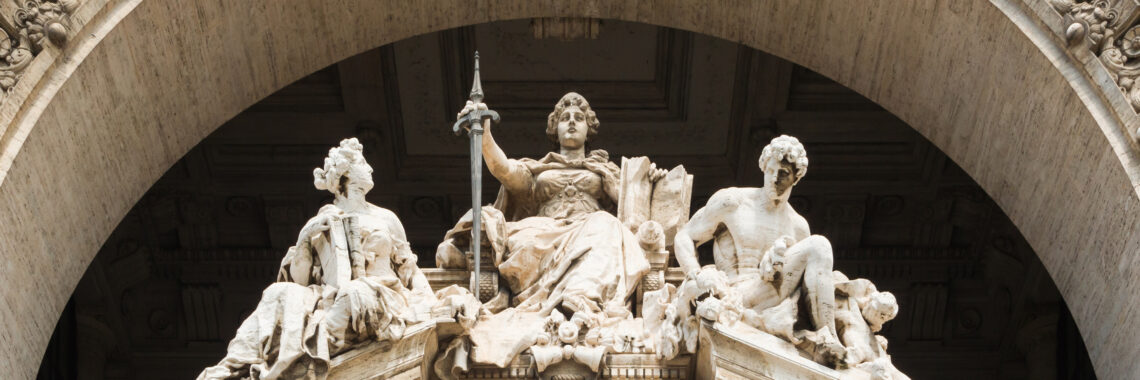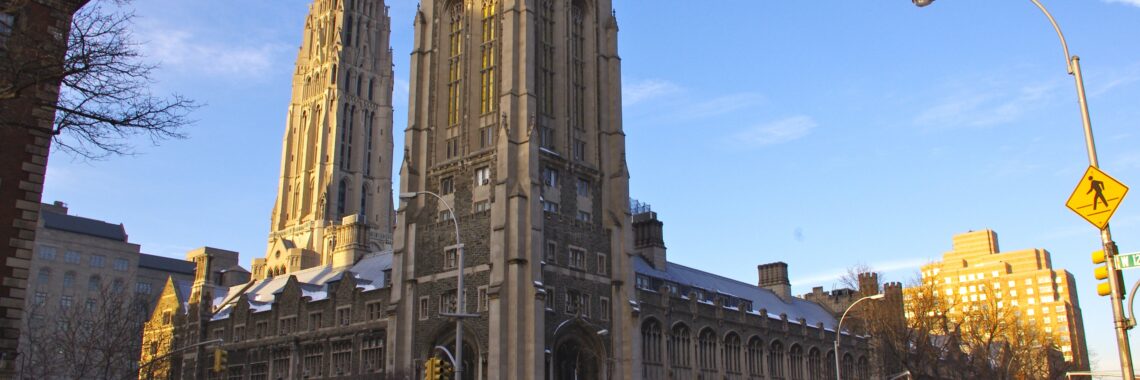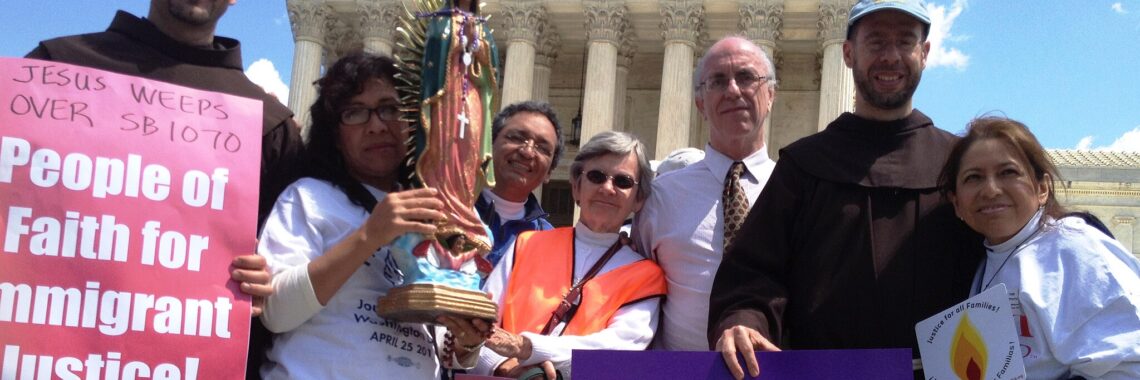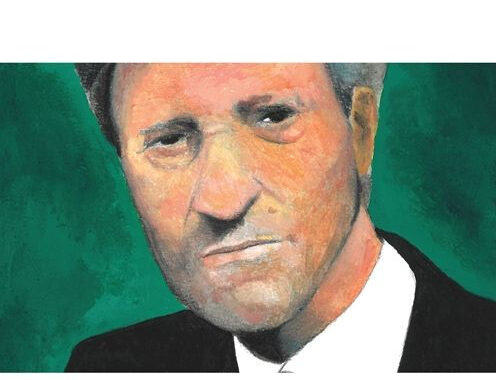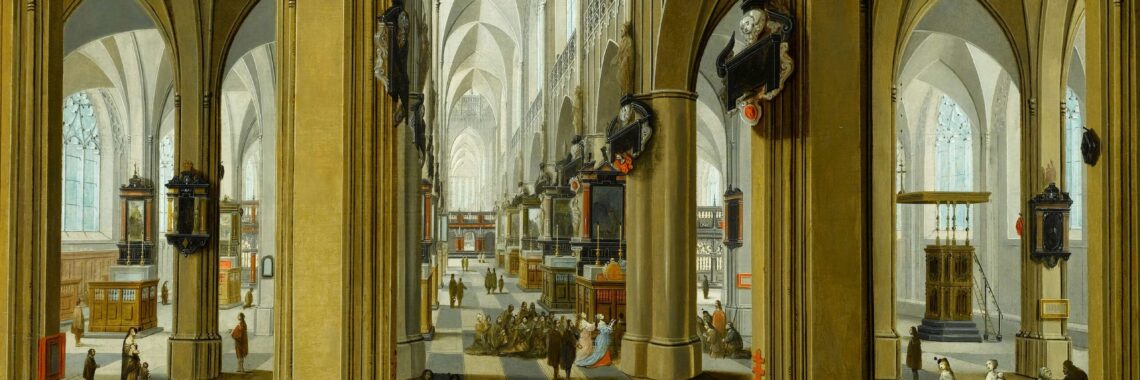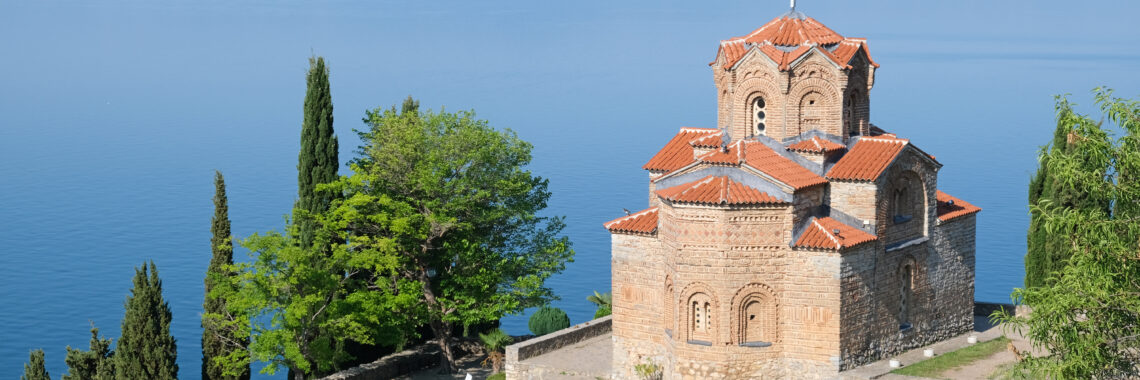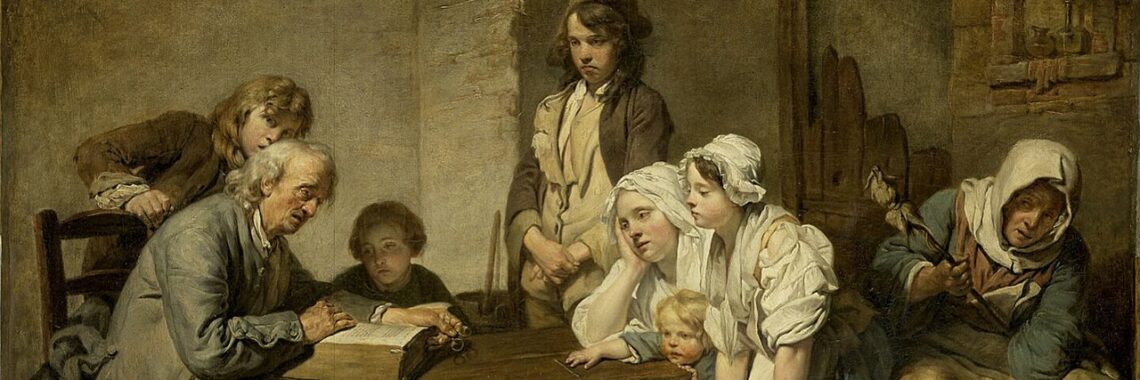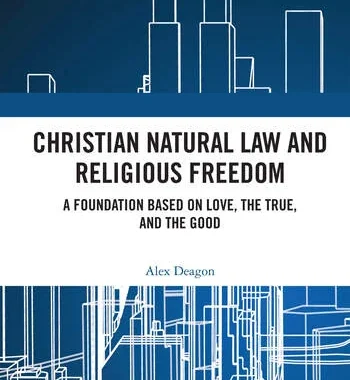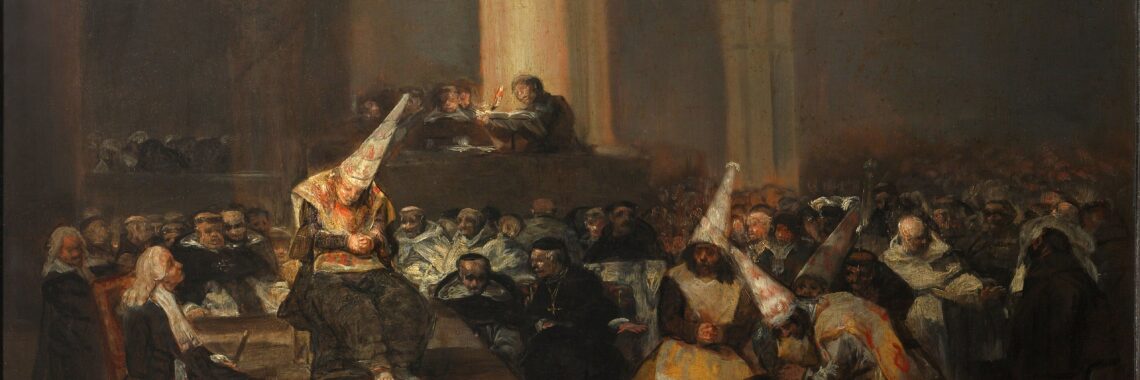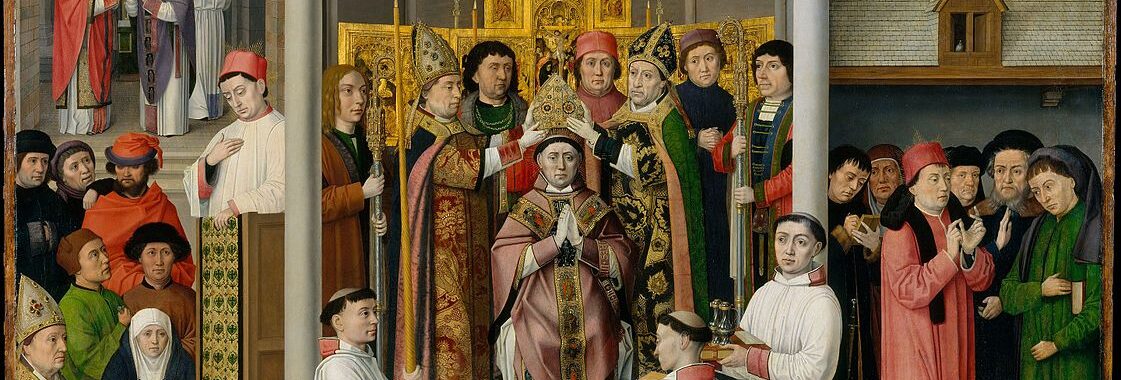“Transformations and Persistences Between Law and Religion in the Italian Legal Science of the Modern Age” by Alarico Barbagli
Lady Justice at The Palace of Justice, Rome, Italy by Jebulon (CC0 1.0) Against the backdrop of the affirmation of the Modern State and the birth of national legal systems, the hundred years from the mid-sixteenth century to the mid-seventeenth century represent a period full of changes for Europe also in the legal field. As…


